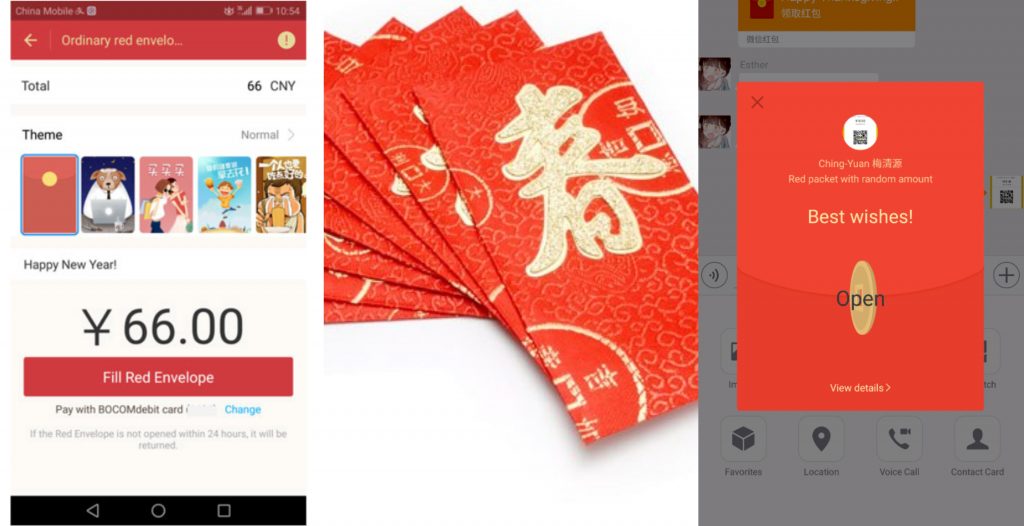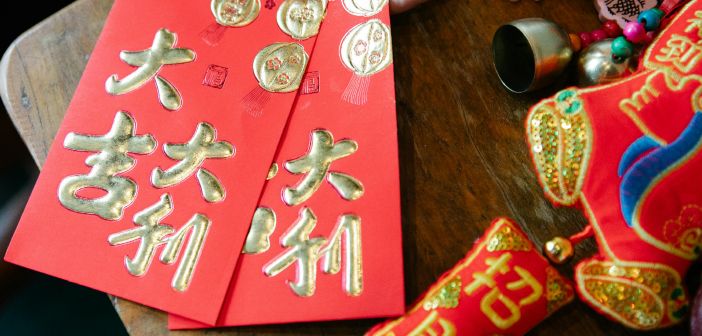This year’s Chinese New Year falls on Jan 29. One of the things that everyone associates with Chinese New Year is hongbao (红包) — money-filled red packets given to family, friends, colleagues, and employees. Every year around this time, I always find myself checking in with others about how much to put in the envelopes. I don’t want to give too much and make others uncomfortable, but I also don’t want to give too little and look like a cheapskate.

Before you channel your inner Oprah and start handing out hongbao to everyone you see, there’s some local etiquette that you need to know.
- If you’re a student and not working yet, your parents aren’t expecting a hongbao from you, nor are your nieces or nephews. In some families, regardless of age, students are still considered children and will still receive hongbao from their elders.
- If you’re working, then the children of your Chinese colleagues will be expecting hongbao if you see them on Chinese New Year’s Eve, day, or if you’re invited to a celebration dinner. Bumping into them on the street doesn’t count.
- If you’re married, you should definitely prepare a hongbao for your in-laws, but the best thing to do is to defer to your Chinese spouse because they’d know their family better than anyone.
- Avoid giving amounts with fours (RMB 4, RMB 40, RMB 400, etc.) because four sounds like “die” in Mandarin.
On the other hand, the number six is considered lucky. Amounts like RMB 6, RMB 66, and RMB 666 are all lucky amounts. - Avoid giving an amount in odd numbers because locals believe that good things come in pairs.
Apps like WeChat and Alipay have already made lives easier, and this includes giving hongbao. You no longer need to buy actual red envelopes and go get cash from the ATM. Giving out money is just a few clicks away. But with virtual greetings so common nowadays, are you required to send a hongbao for every generic Chinese New Year greeting you receive? There are the people who spam their entire contact list with some kind of emoji-adorned generic message, and ones who spam with a sticker. Do they get hongbao? Then there are the people who actually take the time to text or video chat with you. Hongbao-worthy? Maybe…

When it comes to the people who make your life in Beijing easier – ayis, drivers, tutors, pet sitters, and trainers, to name but a few – you should definitely prepare a hongbao, but the amount varies. For those with full-time staff, the Chinese New Year hongbao is their annual bonus, and a 13th-month salary is considered standard. But what about those whose full-time staff who just started working for them, or those with part-time staff?
According to one British mom of two living in Shunyi who makes between RMB 500,000 to RMB 1,000,000+ per year: “If my ayi has been with me for more than one year then I am happy to give a 13th-month salary. If my ayi has only been with me for six months or so, I’ll give her RMB 3,000. For the kids’ tutor, I will give RMB 2,000.”
But not every family in Beijing is in the same income bracket. According to a mixed American and Chinese couple living in the CBD with an annual income of between RMB 200,000 to RMB 500,000 per year: “We have a part-time ayi who doesn’t come on a regular basis, so during Chinese New Year, we give her an RMB 500 hongbao. For the nieces and nephews, we only give them a hongbao if we see them in person. Sending us a Happy Chinese New Year sticker over WeChat won’t get them a hongbao.”
When it comes to hongbaos, there’s no exact formula. But there is crowdsourced information! Take a look at the poll below and let us know how you’re planning on packing your hongbao this Chinese New Year.

One final tip I always give around this time of the year is to always carry some hongbao with you. They don’t need to be thick, a few RMB will do. It’s not uncommon for people to bring their kids unannounced to things, and you don’t want to see a little kid feel left out of the festivities simply because you didn’t know they were coming.
Images: Mina Yan, Bing, Pexels




